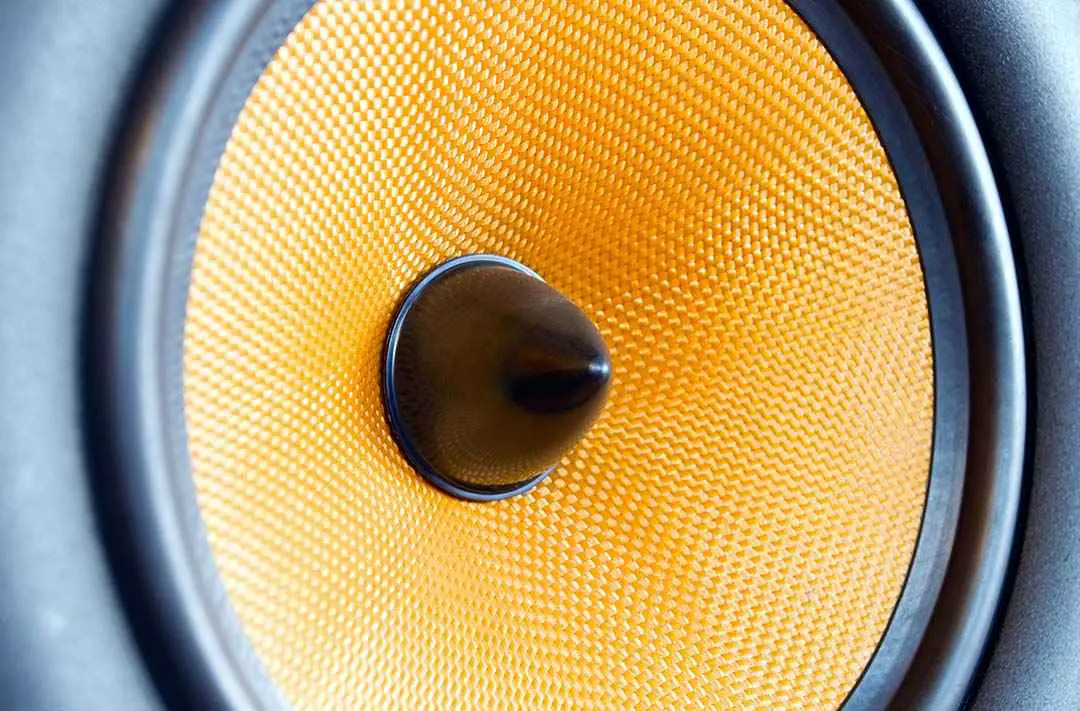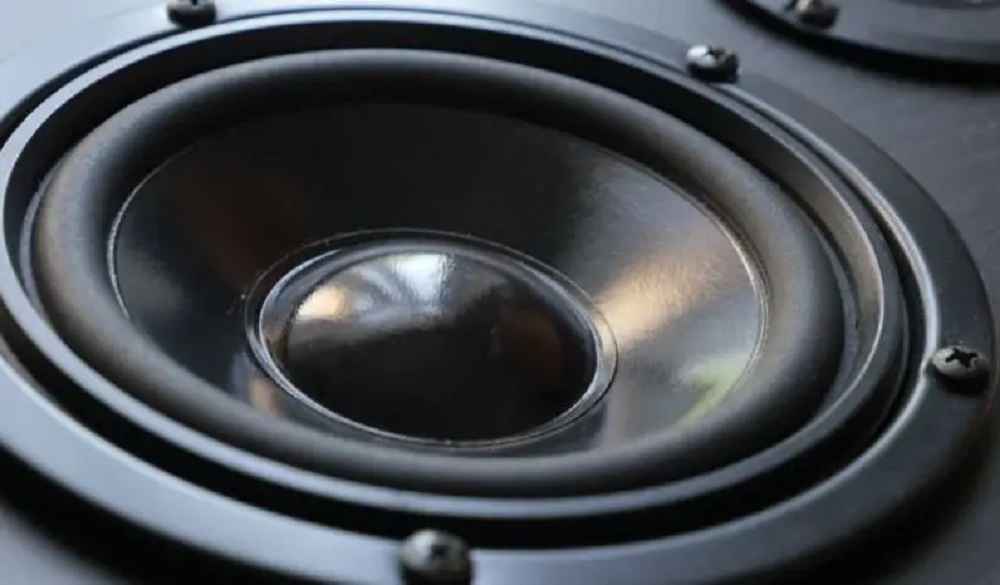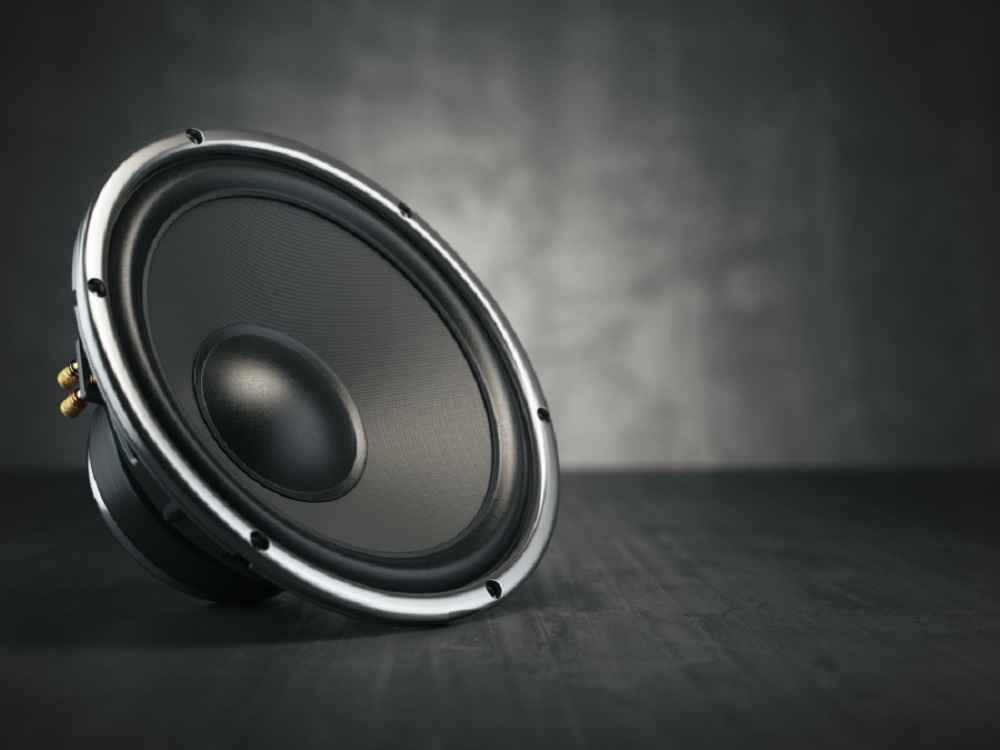Bose subwoofers are widely known for their high-quality sound and impressive bass. However, some users have reported a common issue of their Bose subwoofers making popping sounds.
This can be a frustrating experience for users, as it can negatively impact the overall listening experience. In this article, we will explore the causes of Bose subwoofer popping sounds, how to diagnose the problem, and how to fix it.

Causes of Bose Subwoofer Popping Sounds
There are several common causes of Bose subwoofer popping sounds, which can range from simple issues such as loose speaker terminal connections to more complex problems like damaged voice coils or overheating amplifiers.
Loose Speaker Terminal Connections
One of the most common causes of popping sounds in Bose subwoofers is loose speaker terminal connections. If the connections between the subwoofer and amplifier are loose, it can cause an intermittent connection, which can result in a popping sound.
Damaged Voice Coils
Another common cause of popping sounds in Bose subwoofers is damaged voice coils. The voice coil is responsible for producing sound in the subwoofer, and if it is damaged, it can result in a popping sound.
This type of damage is usually caused by overdriving the subwoofer, which can result in the voice coil overheating and melting.
Overheating Amplifiers
A third common cause of popping sounds in Bose subwoofers is overheating amplifiers. The amplifier is responsible for amplifying the signal that is sent to the subwoofer, and if it overheats, it can result in a popping sound.
This type of overheating is usually caused by poor ventilation or improper placement of the amplifier.

Ground Loops and Electrical Interference
Ground loops and electrical interference can also cause popping sounds in Bose subwoofers.
Ground loops occur when there is a difference in electrical potential between two or more ground connections, which can cause a current to flow in the ground wire and result in electrical interference.
Electrical interference can also be caused by other electrical devices or sources, such as power supplies or electrical appliances.
Clipped Signals and Overdriven Amplifiers
Finally, clipped signals and overdriven amplifiers can also cause popping sounds in Bose subwoofers. Clipped signals occur when the amplifier is unable to accurately reproduce the full audio signal, which can result in a distorted or clipped sound.
Overdriven amplifiers occur when the amplifier is pushed beyond its limits, which can result in a popping sound.
Diagnosing the Problem
Follow the steps below to diagnose the problem of Bose subwoofer popping sounds:
Test the Speaker Terminal Connections
To test the speaker terminal connections, you will need to check the connections between the subwoofer and amplifier to make sure they are tight and secure. If the connections are loose, tighten them until they are secure.
Inspect the Voice Coils
To inspect the voice coils, you will need to remove the subwoofer from the enclosure and inspect the voice coils for any signs of damage. If you notice any damage, the voice coil will need to be replaced.
Monitor the Amplifier Temperature
To monitor the amplifier temperature, you will need to use a thermometer or heat gun to measure the temperature of the amplifier while it is in use. If the temperature is high, it is possible that the amplifier is overheating, which can cause popping sounds.
Check for Ground Loops and Electrical Interference
To check for ground loops and electrical interference, you will need to use a multimeter or oscilloscope to measure the electrical potential between the ground connections.
If there is a difference in potential, it is possible that there is a ground loop or electrical interference.
Verify Signal Clipping and Overdriven Amplifiers
To verify signal clipping and overdriven amplifiers, you will need to use an oscilloscope or signal generator to measure the audio signal that is being sent to the subwoofer.
If the signal is being clipped or if the amplifier is being overdriven, it can result in a popping sound.
Fixing the Popping Sounds
Once you have determined the cause of the popping sounds, you can then find the appropriate solution to fix the problem.
Some of the most common solutions include tightening loose speaker terminal connections, replacing damaged voice coils, improving amplifier ventilation, breaking ground loops and eliminating electrical interference, and reducing signal clipping and overdriven amplifiers.
Tightening Loose Speaker Terminal Connections
If the speaker terminal connections are loose, tighten them until they are secure. This should resolve the problem of popping sounds.
Replace Damaged Voice Coils
If the voice coils are damaged, they will need to be replaced. This may require professional assistance, as the voice coils are typically located inside the subwoofer and require disassembly of the subwoofer to access.
Improve Amplifier Ventilation
If the amplifier is overheating, it is important to improve its ventilation to prevent it from overheating and causing popping sounds. This may involve relocating the amplifier to a different location or installing a fan to improve air flow.
Break Ground Loops and Eliminating Electrical Interference
If there is a ground loop or electrical interference, it is important to break the loop or eliminate the interference to resolve the problem of popping sounds. This may involve using a ground loop isolator or moving the subwoofer or amplifier to a different location.
Reduce Signal Clipping and Overdriven Amplifiers
If the signal is being clipped or if the amplifier is being overdriven, it is important to reduce the clipping or overdriving to resolve the problem of popping sounds.
This may involve reducing the volume or using a signal generator to verify the audio signal being sent to the subwoofer.
Preventative Measures
To avoid future problems with Bose subwoofer popping sounds, it is important to take preventative measures. Some of the most important preventative measures include the following:
Regular Maintenance Checks
Regular maintenance checks, such as checking the speaker terminal connections, inspecting the voice coils, and monitoring the amplifier temperature, will help to ensure that the subwoofer is in good working condition and that any potential problems are addressed before they become serious.
Proper Placement and Ventilation for the Amplifier
Proper placement and ventilation for the amplifier are important to prevent overheating and to ensure that the subwoofer performs at its best.
Make sure that the amplifier is placed in a location where it has adequate ventilation and that there is enough space around it for air to circulate.
Use Quality Speaker Wires and Connectors
Using quality speaker wires and connectors will help to ensure that the audio signal is transmitted from the amplifier to the subwoofer without any loss or degradation of the signal. Avoid using low-quality speaker wires or connectors, as they can introduce electrical interference and result in popping sounds.
Avoid Overloading the Subwoofer
Avoiding overloading the subwoofer is important to prevent damage to the voice coils and to ensure that the subwoofer performs at its best. Make sure that the volume is set at a reasonable level and that the subwoofer is not being driven beyond its capabilities.
Avoid Electrical Interference
Avoiding electrical interference is important to ensure that the audio signal is transmitted from the amplifier to the subwoofer without any loss or degradation of the signal.
Avoid placing the subwoofer or amplifier near sources of electrical interference, such as power lines, fluorescent lights, or other electronic devices.

Conclusion
In conclusion, Bose subwoofer popping sounds can be caused by a variety of factors, including loose speaker terminal connections, damaged voice coils, overheating amplifiers, ground loops and electrical interference, and clipped signals and overdriven amplifiers.
By diagnosing the problem and following the appropriate steps to fix it, you can resolve the problem of popping sounds and enjoy high-quality audio from your Bose subwoofer.
By following the preventative measures outlined above, you can also help to avoid future problems and ensure that your subwoofer continues to perform at its best.
What should I do if my Bose subwoofer is making a popping sound even after following the steps in the article?
If your Bose subwoofer is still making a popping sound even after following the steps outlined in the article, it may be due to a more serious issue with the subwoofer or amplifier.
In this case, it is recommended that you take the subwoofer and amplifier to a professional for repair or replacement.
Can a blown subwoofer cause popping sounds?
Yes, a blown subwoofer can cause popping sounds. This is often the result of overloading the subwoofer, which can cause damage to the voice coils. If you suspect that your subwoofer has blown, it is recommended that you take it to a professional for repair or replacement.
How can I prevent my Bose subwoofer from overheating?
To prevent your Bose subwoofer from overheating, it is important to make sure that the amplifier is placed in a location where it has adequate ventilation and that there is enough space around it for air to circulate.
Regular maintenance checks can also help to prevent overheating by ensuring that the amplifier is working properly.
What is the purpose of using quality speaker wires and connectors?
The purpose of using quality speaker wires and connectors is to ensure that the audio signal is transmitted from the amplifier to the subwoofer without any loss or degradation of the signal.
Low-quality speaker wires and connectors can introduce electrical interference and result in popping sounds, so it is important to use quality components.
How can I avoid electrical interference when using my Bose subwoofer?
To avoid electrical interference when using your Bose subwoofer, it is important to avoid placing the subwoofer or amplifier near sources of electrical interference, such as power lines, fluorescent lights, or other electronic devices.
Using quality speaker wires and connectors can also help to reduce the risk of electrical interference. Additionally, regularly checking the subwoofer and amplifier for proper grounding can help to prevent ground loops and electrical interference.
